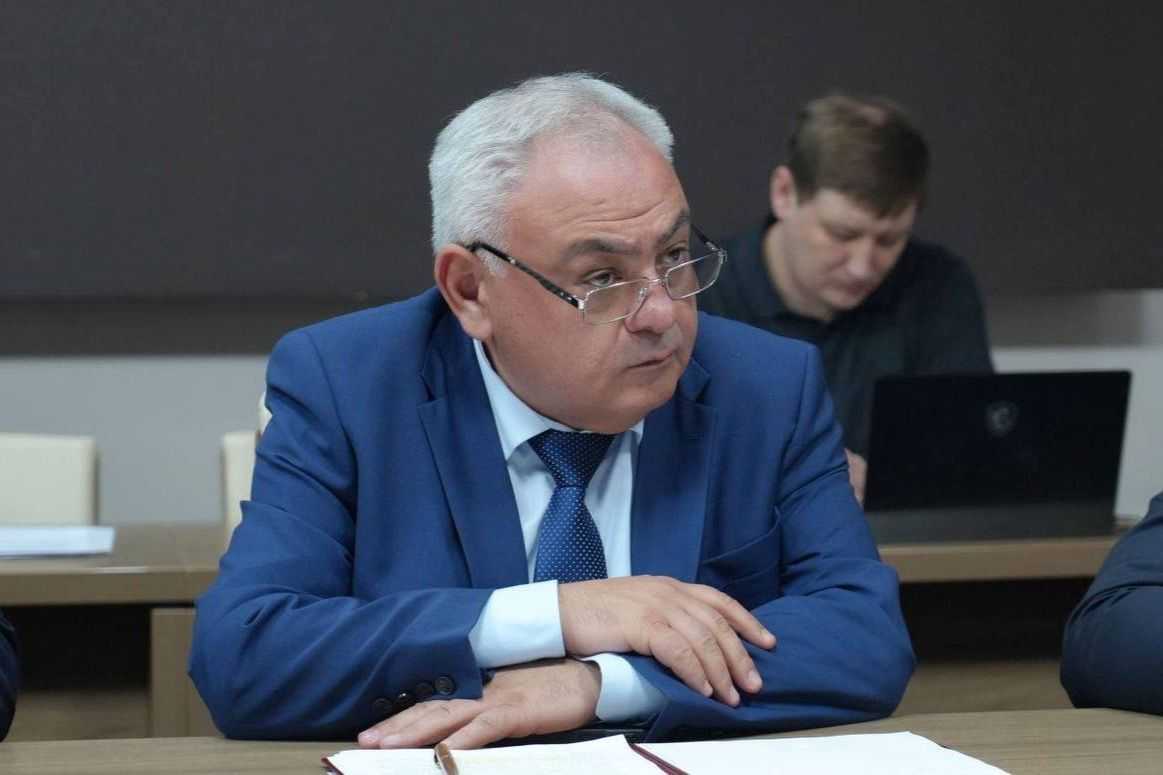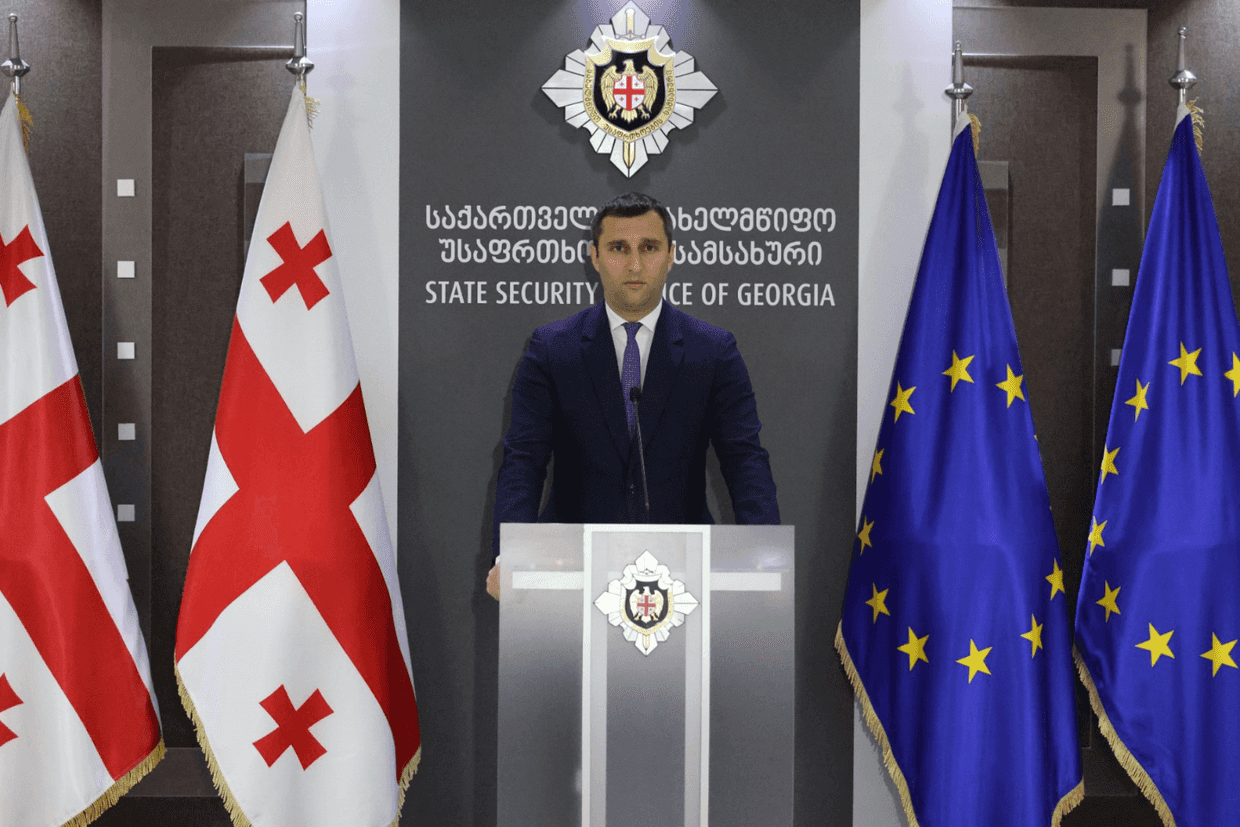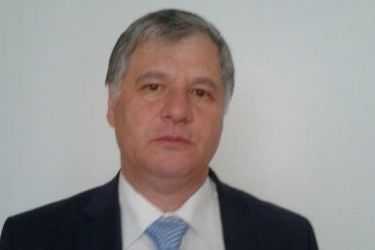
Critics have called out Georgian Dream’s fast-tracked draft law to create an ‘independent’ anti-corruption agency, claiming it will be subordinate to the ruling party.
In June, the EU set out 12 conditions that Georgia was required to meet for the country’s EU candidacy to be reconsidered. These included the creation of an independent anti-corruption body.
According to the draft law that the ruling party began fast-tracking in parliament on Tuesday, the agency would report to parliament and to the Inter-Agency Coordination Council to Combat Corruption, the latter of which is within the prime minister’s office.
The legislation also states that candidates for leadership of the agency would be pre-approved by a standalone commission through a ‘transparent’ competition.
However, critics insist that the proposals would not ensure the agency was genuinely independent of the government.
One of the factors highlighted by opposition groups was that after being vetted by the commission, the chair of the agency would be appointed by the prime minister.
On 28 October, Khatia Dekanoidze, a prominent MP from the opposition United National Movement (UNM) party, condemned the version of the law proposed by Georgian Dream.
‘[The anti-corruption agency] absolutely cannot be controlled by [PM Irakli] Gharibashvili, who himself has been suspected [of corruption]. This includes Bidzina Ivanishvili firing him for corruption’, Dekanoidze argued.
Gharibashvili abruptly ended his first tenure in the role in late 2015, several months after his mentor and former boss at Cartu Bank, billionaire Bidzina Ivanishvili, indicated that he was unhappy with some of Gharibashvili’s relatives. This was seen by opposition figures as indicating possible corruption.
‘It’s not just who appoints the head of the agency’
According to Levan Avalishvili, programmes director at the Tbilisi-based watchdog, the Institute for Development of Freedom of Information (IDFI), the independence of the agency is an important part of the EU’s expectations. However, he underlined that issues with the law extended beyond the PM’s final say in appointing the head of the body.
‘It doesn’t matter who elects the agency’s chair since the proposed agency is an obscure, new institution without a function that entirely fails to address the recommendation the EU gave us’, Avalishvili told OC Media.
According to Avalishvili, the key issue is that the competencies of the proposed agency would be limited to coordinating work on Georgia’s anti-corruption strategy and reporting to parliament once a year.
Avalishvili underlined that working on the country’s anti-corruption strategy has thus far been the function of the anti-corruption inter-agency council within the Prime Minister’s office.
‘So it turns out that that council will just be turned into a separate legal entity under public law… these are not reforms!’
Avalishvili noted that the EU recommended that Georgia create a stand-alone agency after highlighting a ‘very specific list’ of problems that they had identified in the country.
‘The list included, for example, a need to strengthen the monitoring system of asset declarations [of officials], the mechanisms protecting whistleblowers, the monitoring of political parties’ finances, a need to fight against high-level corruption and to consolidate all relevant governmental functions dispersed in various agencies in one entity’.
Avalishvili said the current initiative would leave the responsibility for checking financial declarations and protecting whistleblowers with the Georgian Civil Service Bureau, auditing the spending of political parties with the Audit Service, and investigatory functions with the Anticorruption Agency within Georgia’s State Security Service.









